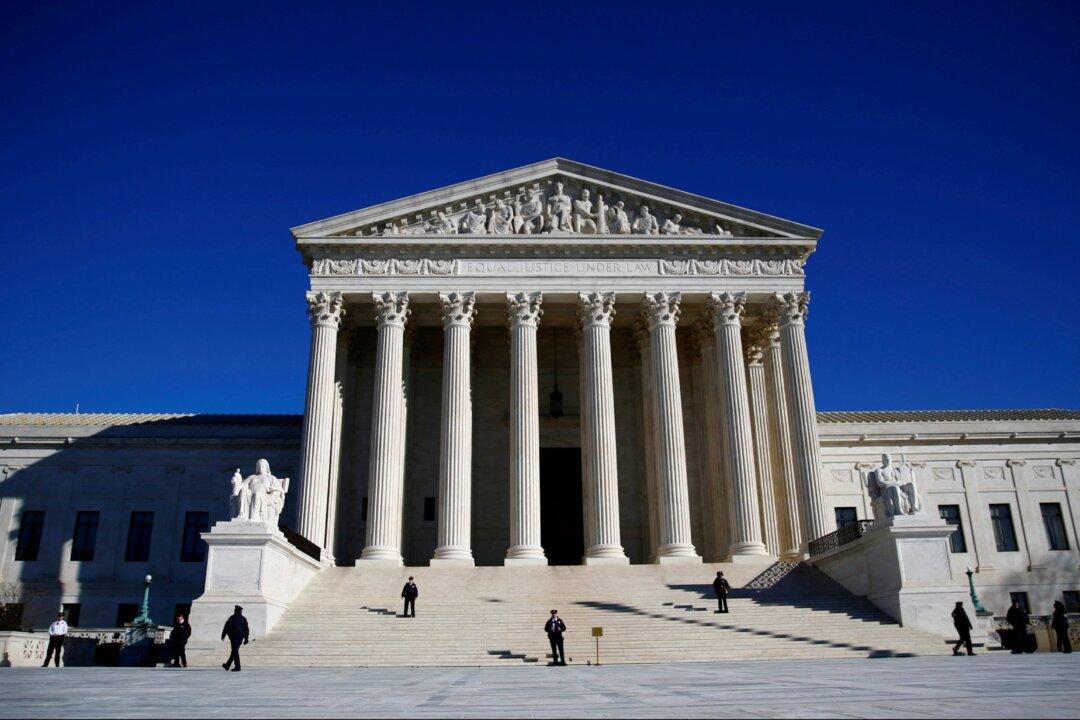The Supreme Court has decided to review a New York case that could conceivably give Americans an opportunity to shape online content, as well as put a foot in the door to mount court challenges against censorship-prone social-media companies on grounds of free speech.
The case comes as activist complaints of harassment and viewpoint-based discrimination against companies such as Twitter, Facebook, and Google continue to grow. Conservatives, in particular, say that the social-media giants have been especially resolute in their determination to crack down on their political expression after Democrat Hillary Clinton, whom they strongly favored, was unexpectedly defeated by Republican Donald Trump in the 2016 presidential election.





